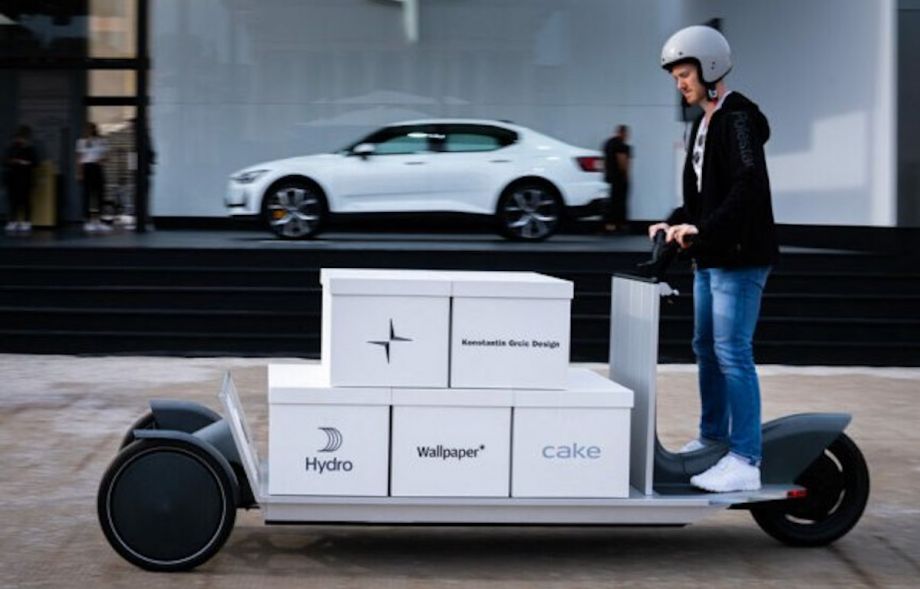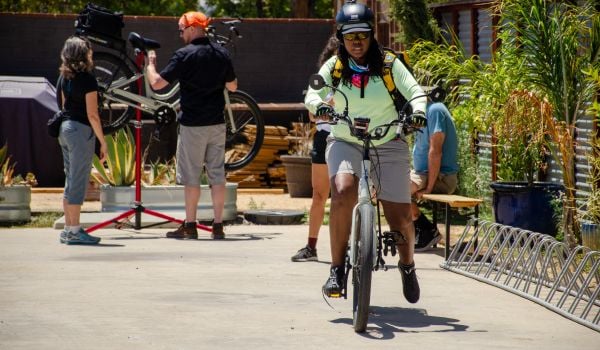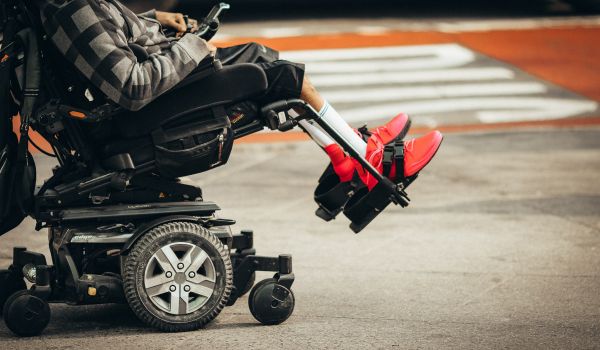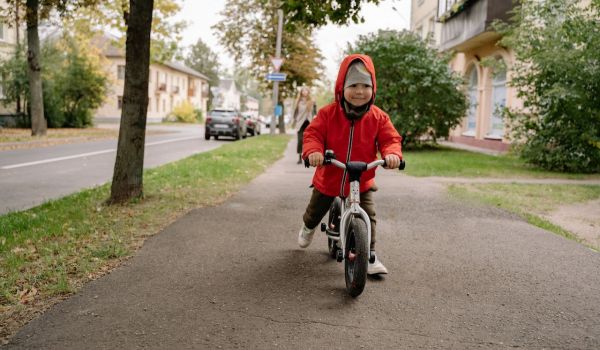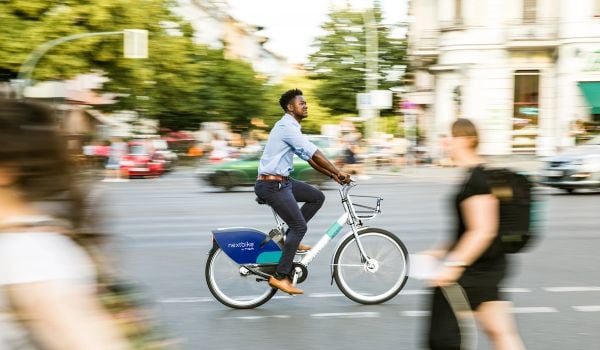Welcome to “The Mobile City,” our weekly roundup of newsworthy transportation developments.
Tempe Apartment Community Bans Cars, Offers Transit Incentives to Residents
Even though Phoenix has a light-rail transit system, Arizona’s sprawling largest city is probably one of the last places one might expect a private developer to build a residential community where cars are outlawed. Yet Bloomberg CityLab reports that this very thing is happening in the Phoenix suburb of Tempe.
Oddly enough, the carless apartment community now rising on 17 acres next to a light-rail station there is called Culdesac. Set to open in 2022, the $170 million Culdesac Tempe is being billed by its developer, also called Culdesac, as “the first car-free neighborhood built from scratch in the U.S.” Residents who rent apartments at Culdesac Tempe must abide by clauses in their leases that prohibit them from parking a car anywhere within a quarter-mile of the community.
To sweeten the deal, Culdesac is offering a wide array of carrots to encourage residents to ditch car ownership. Included in the rent: complimentary Lyft Pink subscriptions, discounted fees for Bird scooters, an Envoy car-share membership and free unlimited Valley Metro transit passes. The development itself will have a plaza with scooter docks, car-share parking spaces and ride-hail pickup zones next to the light-rail station.
In addition, the 761-unit apartment community is designed to allow residents to access some basic everyday needs on foot: it will also have a grocery store, cafe and co-working space.
The community’s general manager, Lavanya Sunder, told CityLab that so far, tenants are eagerly chomping on the carrots. “We’re finding that most people moving in are not planning to keep their cars,” she said. “They don’t have a car now or are planning on selling it, partly because we will have this multitude of mobility options onsite.”
And while skeptics wonder whether Culdesac Tempe residents will be at a disadvantage getting around the rest of Metro Phoenix when they give up their cars, and the COVID-19 pandemic has caused many to worry about travel on public transit, another countervailing trend, the rise of remote work, appears to be increasing Culdesac’s appeal. As of last week, 33 leases have been signed for the 260 units slated to open between summer 2022 and spring 2023, and another 300 prospective tenants have put down $100 deposits to remain on the project’s waiting list. Rents start at $1,090 for studio apartments and $1,250 for one-bedroom units, figures well below the average monthly rent of $1,700 for apartments in Tempe, according to RENTCafé data.
New York State to Outlaw Sales of Gas-Powered Vehicles in 2035
New York Governor Kathy Hochul has signed into law a bill banning the sale of gasoline-powered vehicles in the state starting in 2035, CBS News reports.
With this law, New York becomes the second state in the country to commit to a “Vision Zero Emissions” policy for the sale of motor vehicles. California approved an identical 2035 ban last year.
The 2035 date allows time to ensure both an adequate supply of emission-free passenger cars and light-duty trucks and development of the infrastructure to support them. Several state agencies will work together to produce a zero-emissions vehicle market development strategy by 2023.
The bill also mimics California’s in calling for medium- and heavy-duty trucks and vans to be emission-free “where feasible” by 2045.
A statement released by the office of California Governor Gavin Newsom last fall said that if California reaches its goal, greenhouse-gas emissions will fall by 35 percent. In addition, oxides of nitrogen emanating from tailpipes will plunge 80 percent if the target is met.
E-Scooters for Packages, Coming to a Bike Lane Near You?
One way for both California and New York State to reach their ambitious targets is to change the way packages are delivered. Replacing delivery vans with emission-free vehicles would also reduce emissions significantly.
According to an article in Fast Company, a replacement may be in the works. Polestar, a builder of electric vehicles based in Sweden, is developing a three-wheeled cross between a scooter and a sled called Re:Move that’s designed to deliver packages.
According to the article, the “dirty little secret” in the package-delivery world is that cargo bikes deliver goods in cities 60 percent faster than vans do, in large part because of their superior maneuverability in traffic. An electric-powered cargo scooter would up the efficiency factor even more.
Especially if the scooter is narrow enough to operate in a bike lane. The Re:Move, which is only 2.5 feet wide, passes that test. Its operator stands at the back of the vehicle and steers its two front wheels with handlebars. The handlebars also control the throttle and brake, and the vehicle is designed to lean into turns.
The cargo platform can hold up to 400 pounds and the scooter has a top speed of 15 mph. Its battery is also 1/40th the size of an electric-car battery, meaning 40 Re:Moves could be equipped for the same investment as one Tesla.
Polestar, which is developing the Re:Move in collaboration with designer Konstantin Grcic, aluminum producer Hydro, and electric motorbike company Cake, has not committed to actually producing the cargo e-scooter. But it told Fast Company that it is continuing to invest in its development, and the company is seeking several patents on its work that it could use in future projects.
Know of a development that should be featured in this column? Send a Tweet with links to @MarketStEl using the hashtag #mobilecity.

Next City contributor Sandy Smith is the home and real estate editor at Philadelphia magazine. Over the years, his work has appeared in Hidden City Philadelphia, the Philadelphia Inquirer and other local and regional publications. His interest in cities stretches back to his youth in Kansas City, and his career in journalism and media relations extends back that far as well.
Follow Sandy .(JavaScript must be enabled to view this email address)

